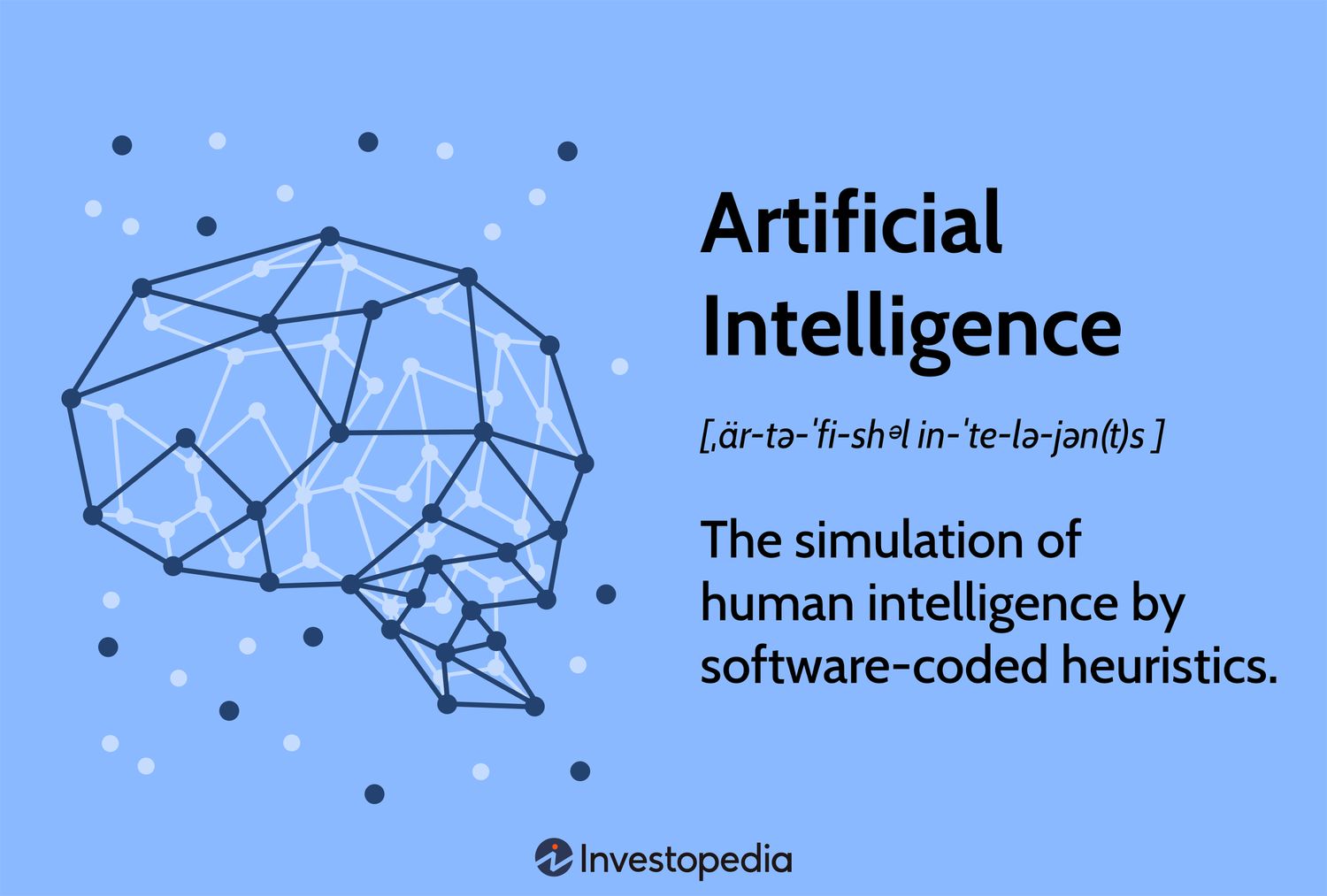What is AI?
AI, or artificial intelligence, refers to the simulation of human intelligence in machines that are programmed to think and learn. This can include a range of technologies and applications, such as natural language processing, machine learning, computer vision, and robotics. Essentially, AI enables computers to perform tasks that typically require human intelligence, like understanding language, recognizing patterns, making decisions, and solving problems. It’s used in everything from virtual assistants and recommendation systems to autonomous vehicles and healthcare diagnostics.
Advantages of AI:
- Efficiency and Automation: AI can automate repetitive tasks, freeing up human resources for more complex and creative work.
- Data Analysis: AI can process and analyze vast amounts of data quickly, identifying patterns and insights that humans might miss.
- 24/7 Availability: Unlike humans, AI systems can operate continuously without fatigue, making them ideal for tasks that require constant monitoring.
- Enhanced Accuracy: AI can reduce human error in tasks like data entry and complex calculations, leading to more accurate outcomes.
- Personalization: AI enables personalized experiences in areas like marketing, customer service, and content recommendations, improving user satisfaction.
- Cost Savings: By streamlining operations and increasing efficiency, AI can lead to significant cost reductions for businesses.
- Improved Decision-Making: AI can provide data-driven insights to support better and faster decision-making in various fields, including finance, healthcare, and logistics.
Disadvantages of AI:
1) High Costs of Development:
The rapid evolution of AI technology necessitates frequent updates to both hardware and software to keep pace with the latest advancements. Additionally, machines require regular repairs and maintenance, which can be quite costly. Overall, the creation of AI systems involves significant financial investment due to their complexity.
2) Promoting Laziness:
AI applications automate many tasks, which can lead to a reliance on technology and a decrease in human initiative. This dependency may result in a lack of motivation and problem-solving skills in future generations.
3) Job Displacement:
As AI increasingly takes over repetitive and routine tasks, the demand for human labor in these areas is diminishing. Organizations are more inclined to replace less skilled workers with AI solutions that can perform tasks more efficiently, raising concerns about unemployment.
4) Absence of Emotional Intelligence:
While machines excel at efficiency, they cannot replicate the human connections that foster teamwork. The lack of emotional bonds limits their effectiveness in areas requiring collaboration and team management.
5) Limited Creativity:
AI systems are restricted to the tasks for which they are programmed. When faced with situations outside their design parameters, they may produce errors or irrelevant responses, highlighting a significant limitation.
Summary:
The advantages and disadvantages of artificial intelligence present a dual-edged sword. Every technological advancement comes with its challenges, and it’s crucial for society to harness the positive aspects while mitigating the negatives. AI holds tremendous potential, but it’s essential to ensure that its development remains beneficial and does not lead to unforeseen consequences. While concerns about AI’s ability to threaten humanity persist, current applications do not possess the capabilities to endanger civilization on a large scale.

